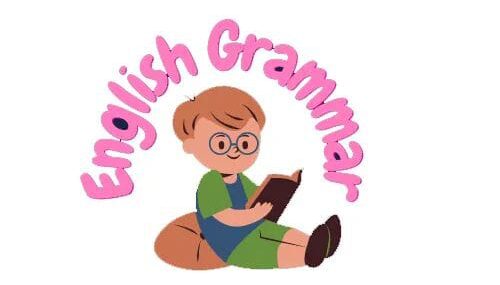Perfect Continuous Tense – Present, Past & Future
Perfect continuous tense
It is also progressive action which is used with time expression (from past to present) means that something started in the past and continues at present.
Perfect continuous tense – Time expressions (from past to present)
Since, for, all, all along, throughout, whole + time
How long (question word)
Definite time:
Since: It is used when calendar time is mentioned.
| Calendar (day,month,year): | since Monday, since Sunday, since January, since February, since 2018, since 2012 |
| Watch time: | since 4 o’clock, since 6 o’clock |
| Stages of Life: | Since birth, since childhood, since marriage, since youth, |
| Occasions: | since Holi, since Diwali, since birth, since joining, since marriage, since his father’s death |
| Part of each day time: | since morning, since evening, since noon, since night, since midnight, since dusk, since dawn etc. |
Indefinite time: ‘For’ is used with the amount of time that is not specified.
For an hour, for two days, for three weeks, for two months, for four years
And some other time expressions are
Throughout the day, the whole night, the whole day, all along these days, all along the week, all month, all-day
Present perfect continuous Tense
| Sub + has been/have been + action + ing + obj + (time reference) since/for/all/all along/ throughout/whole + time |
He has been playing hockey since morning.
She has been studying geography the whole night.
Rahul has been working in this company for fifteen years.
They have been surfing the internet since 1990.
I have been reading novels since youth.
My mother has been cooking food since marriage.
Mohit Singh Rathor has been living in Jaipur since 2016.
Neetu Tomar has been studying at MBBS college in Lucknow since 2012.
I have been watching Hollywood movies since childhood.
She has been using this car since marriage.
My brother has been waiting for me for two hours.
I have been teaching English since 2014.
He has been writing for a newspaper since 24th April 2018.
Rahul has been sleeping here for an hour.
Use of how long:
How long + has/have + subject + been + verb + action + ing + object?
How long have you been teaching English?
How long has he been talking on the phone?
How long has your father been watching television?
Structure of Past perfect continuous tense :
| Sub + had been + action + ing + obj + since/for/all/all along/ throughout/whole + time (time-reference). |
He had been playing cricket since morning.
She had been asking questions since school days.
I had been preparing for the IIT exams for last year.
They had been sticking postures since morning.
I had been playing video games for two hours.
It had been raining over here the whole day.
How long had he been teaching in class?
Structure of future perfect continuous tense :
| Sub + will have been/shall have been+ action + ing + obj + since/for/all/all along/ throughout/whole + time. |
She will have been studying throughout the month because her exams are about to start.
They will have been practicing for dance all day. They perform tomorrow.
Our relatives are going to come at my home, therefore, I will have been serving food throughout the night.
There are four interviews have been scheduled for tomorrow that’s why she will have been facing an interview all along the day.
You will have been watching the Avenger Endgame movie for two hours.
Exercise of Perfect Continuous Tense
- She told that they …………. in Lucknow for three years. (a. Will have been living b. have been living c. had been living)
- How long ………..Neeraj Sir …………. teaching English? (a. Have-been b. has-been c. will-be)
- They ………… teaching at Chaudhary Charan Singh University since last year. (a. Have been b. will have been c. had been)
- He says that she ……….. working in Tech Mahindra for two years. (a. Will have been b. had been c. have been)
- I ……….. teaching in Sant Mary for two years by the end of this year. (a. Shall have been b. had been c. have been)
- He ……….. living in Jaipur for six months by next month. (a. Will have been b. had been c. have been)
- She ……….. working on this project since the last month. (a. Will have been b. had been c. have been)
- It ………. raining the whole night. (a. Had been b. have been c. was)
- She …….. studying all along the week. a. is b. was c. has been
- He ………… playing football since morning. (a. Was b. is c. has been)
- Ava ………. Reading a novel throughout the day. (a. Was b. is c. had been
- John………… preparing for an IAS examination since 2013. (a. Was b. is c. have been)
- Rodger ……… decorating the room for two hours. (a. Have been b. has been c. is)
- Christine …….. watching television since evening. (a. Was b. will be c. has been)
- It is predicted that It ………. Snowing in Shimla the whole day. (a. Was b. is c. will have been)
